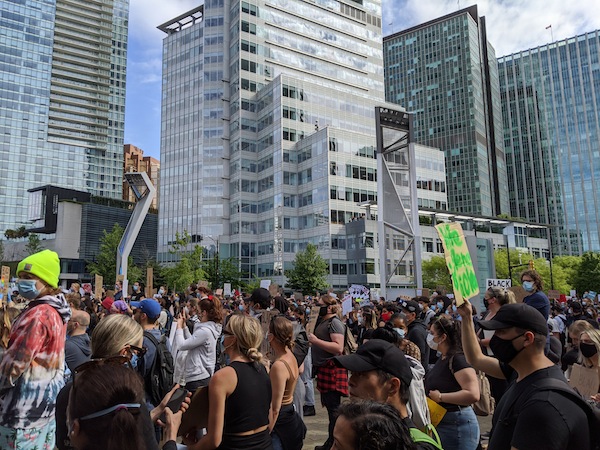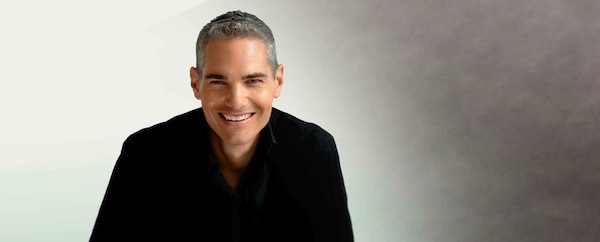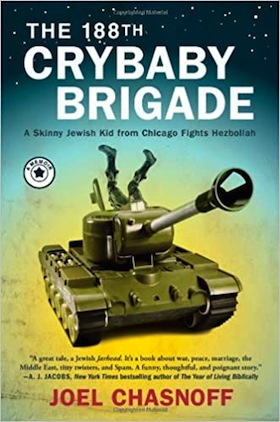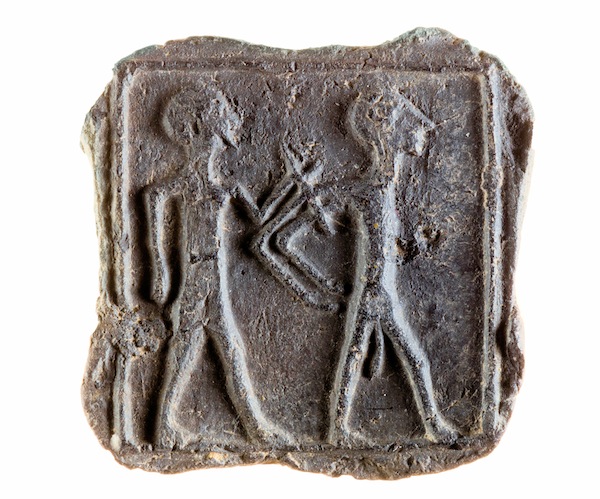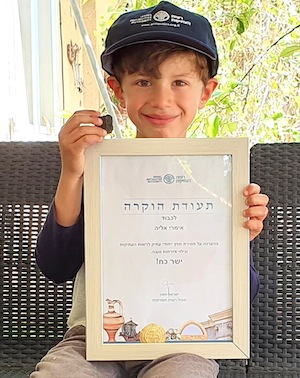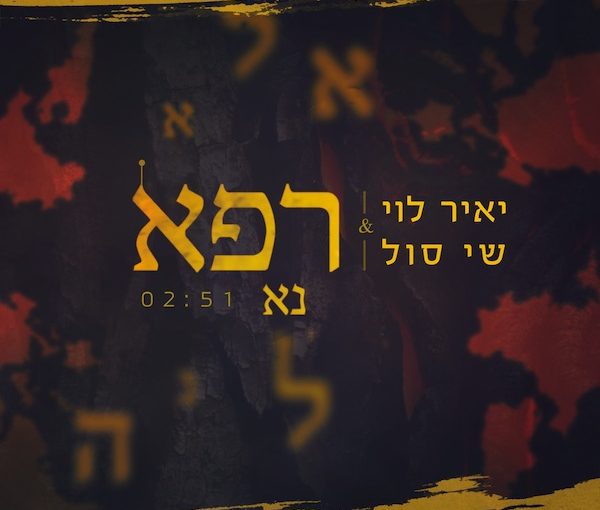According to the Associação Scholem Aleichem, in Rio de Janeiro, right-wing religious groups are misappropriating the Israeli flag in their show of support for Brazilian President Jair Bolsonaro. (photo from ASA)
This article is a response to the continuing misappropriation of the Israeli flag by right-wing religious groups, followers of a certain Christian belief known as “progressive dispensationalism” (no political connotation), whose adherents support Brazilian President Jair Bolsonaro.
Bolsonaro and his stalwarts have consistently raised the Israeli flag while promoting their reactionary views and hate-mongering. Most recently, several Israeli flags were displayed at a public rally in support of Bolsonaro and his policies regarding COVID-19, including his stance against preventive measures such as social distancing and stay-at-home orders, and the championing of hydroxychloroquine as a sufficient means of treatment and prevention.
Within any nation, there may be contention over its symbols. Two Brazilians may wield the same flag in favour of two different ideals. Such a case is restricted to members of the same country. Likewise, as the state of Israel was created to take in and represent Jews, the only non-Israelis who may claim its flag are Jews from other countries. If non-Jews raise an Israeli flag, for whatever reason, they appropriate a symbol that is not theirs. This is all the more serious in a prejudice-filled world in which various peoples have been losing the right to tell their own story.
It is only natural – indeed, healthy – that Jews, in Israel or elsewhere, should discuss the meaning of a Jewish state. Debate has always been part of our culture, and we have never felt the need to agree on everything. But the spokesperson of another people, by seizing another nation’s symbol, makes it the hostage of their own political agenda. It is one thing to raise the Soviet flag, conceived by a party as an emblem of an international revolution. It is not so much an appropriation of a national symbol as it is an endorsement of Bolshevik ideology. The Israeli flag, by contrast, was meant to rally a people in the Diaspora. Jews outside Israel may brandish it; a non-Jew would be overrunning someone else’s realm.
Throughout history, we Jews have constantly encountered non-Jews ready to ascertain if we are a religion, a race or a nation. The consequences have always been tragic. Yet, just as it is for every people to define itself, it is a Jew’s prerogative to determine the depths of his or her Jewishness and, likewise, to determine his or her relationship with Israel. Nowadays, many Christian groups believe that the Second Coming of Jesus will be ushered in by the regrouping of all Jews in the “Holy Land.” It is no gesture of goodwill toward Jews, just another of the many ways of inserting us into a foreign narrative.
Strains of thought within dispensationalism grant Israel an importance peculiar to their religious aspirations, but the country was not established for this reason. Christian dispensationalism sees history as a series of specific stages (“dispensations”) of the “administration” of the “divine plan.” In this scheme, the prevalent trend has imputed a particular role to “the ethnic nation of Israel” – “Israel,” the people chosen for Jesus’s divine revelation. Its fulfilment entails “the end of disobedience,” namely, the embracing of Jesus as our saviour. This entails a kind of eschatological glorification of the Israeli state. Let it be said that this is no favour for Jews. Indeed, were that “dispensation” to come to pass, it would be the effective end of Judaism. Not a single architect of the state of Israel could have entertained such a notion.
But that is not all. To blur the purpose of the Jewish state with the myth of “Israel’s salvation” is to cloud public opinion and impair its perception of what Israel can – and should – represent. Far more troubling, however, is that these very same groups that preach the aforementioned Christian theory and misappropriate the Israeli flag also polarize the political climate wherever they live. In Brazil, they hold considerable sway, and their conduct is extremely controversial, to say the least. The improper use of Israeli symbols links us Jews to these controversies in a wholly detrimental fashion. And regardless of the collaboration between the current Brazilian and Israeli governments – the current Brazilian government has a strong ideological identity with the Netanyahu government, and its members seek to establish profitable commercial relations with Israeli companies – flags symbolize states, not governments.
Brazilian Jews may and should oppose “bolsonarism,” but a delusion under which Bolsonaro links his policies to a universe as complex and diverse as Israel’s will always be harmful. For starters, there is a cultural element to the issue: Bolsonaro is Brazil’s representative, and a disgraceful one at that, but he does not represent Israel in any shape or form, disgracefully or otherwise. It requires immense ignorance on his part to equate the Israeli experience with his political project.
And there is another level, of a more political note. Israelis have their own problems and, regardless of the kind of society they wish to make, it would be detrimental to link it to Bolsonaro’s administration, with all the dire misfortunes the latter casts upon Brazil.
Finally, there is a matter of principle. By parading his submissiveness towards the United States, saluting its flag and playing the lackey to its president, Bolsonaro undermines the sovereignty of his country and degrades his own authority. By juxtaposing Israel’s flag with those of Brazil and the United States, he seizes someone else’s authority and, above all, affronts the sovereignty of someone else’s country. He transgresses the complexities of Israel’s society to subject it to the same submissiveness he expects for Brazil. The United States has a long history of interference in Brazilian affairs and in those of Latin America in general. This – and the specific perversity of the current U.S. president – adds further weight to Bolsonaro’s folly.
The misappropriation of the Israeli flag effectively represents a transgression of the meaning of Israel, regardless of its government, a disdain for the liberty of the Israelis, regardless of their religious tradition and ethnic identity, and a hindrance to the personal choices of Jews, regardless of our country. As Brazilians, we assert that Bolsonaro lacks standing to uphold national sovereignty. As Jews, we maintain that he lacks legitimacy to wield the Israeli flag – and that he is both fraudulent and destructive when he does.
Esther Kuperman submitted this article, which was written by the Associação Scholem Aleichem, in Rio de Janeiro (asa@asa.org.br). ASA is a century-old institution founded in Brazil by Jews who came from Europe in search of security and survival, fleeing persecution and wars. Its main mission is the cultivation of Jewish culture, without losing sight of Brazilian cultural manifestations and the defence of human rights.



